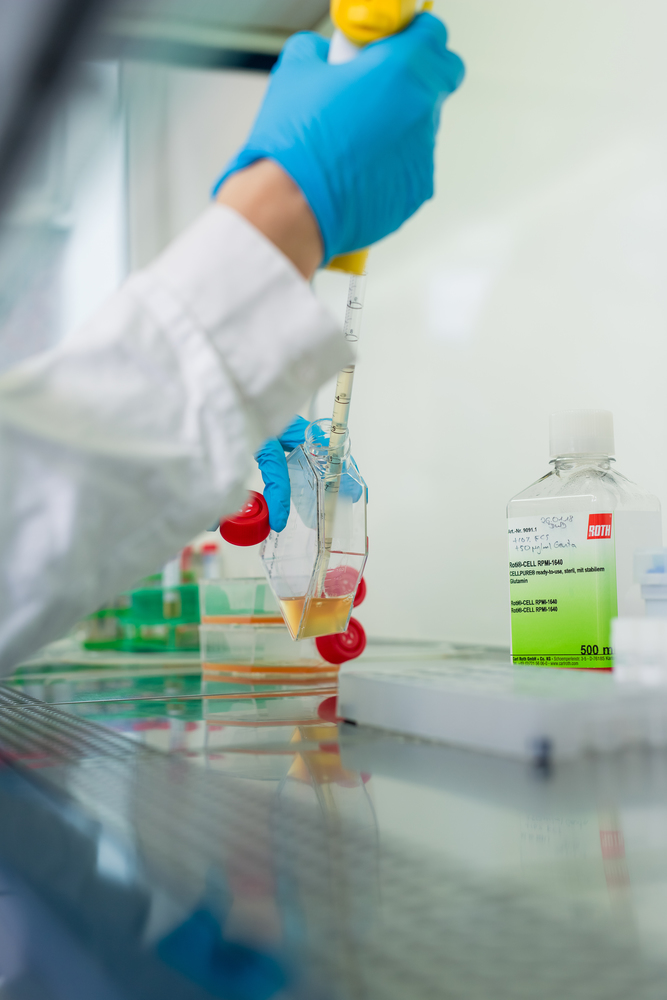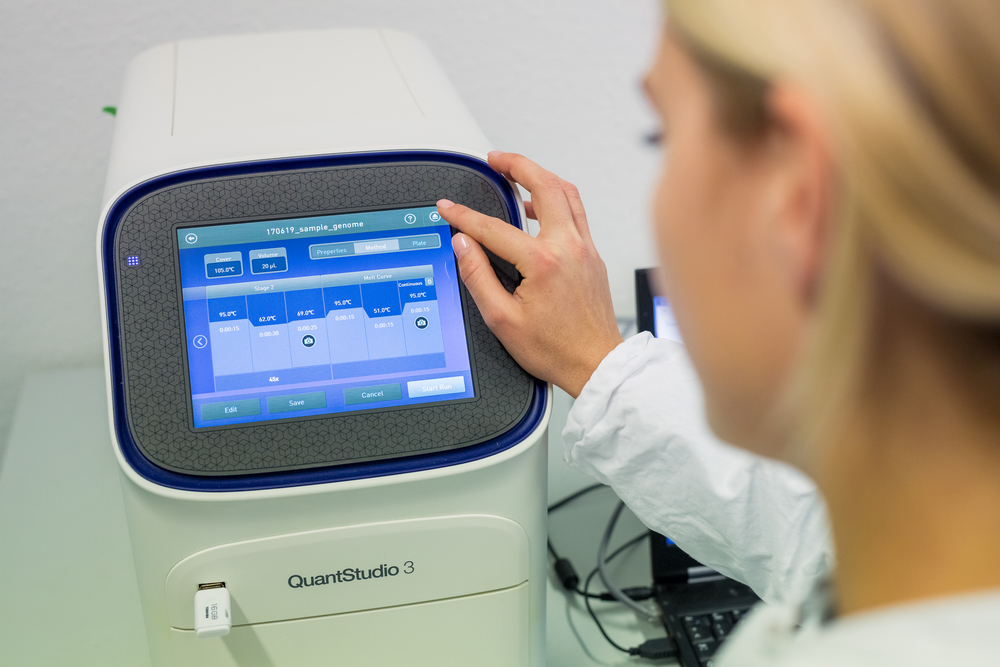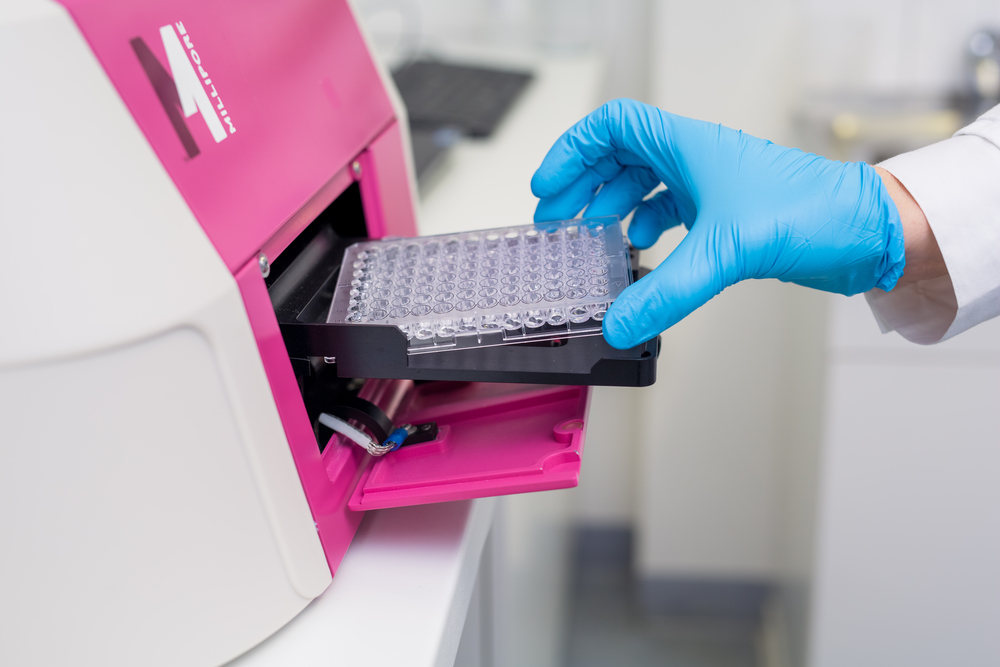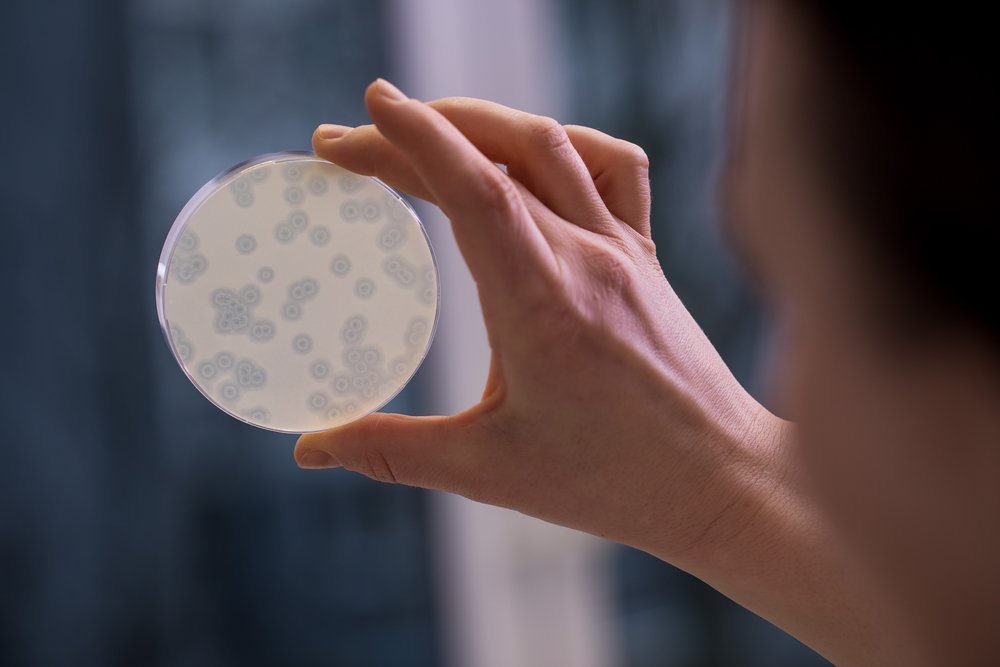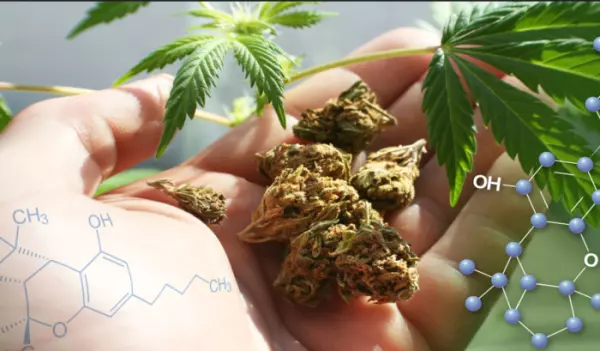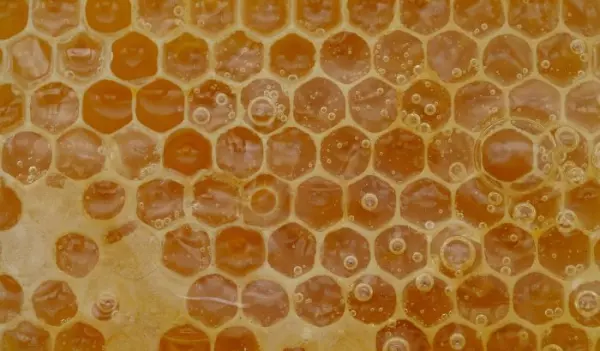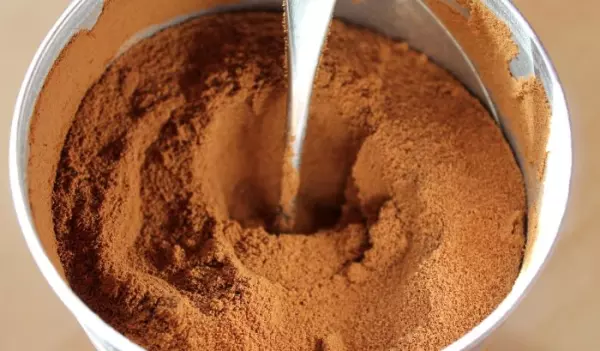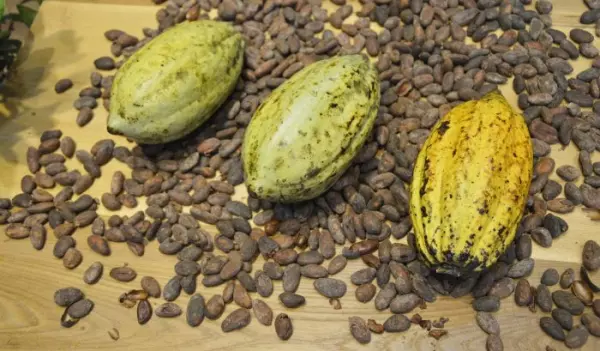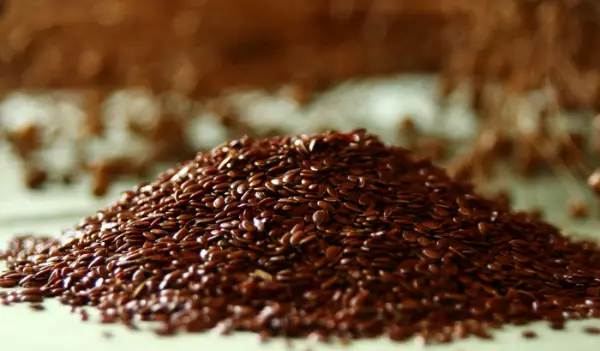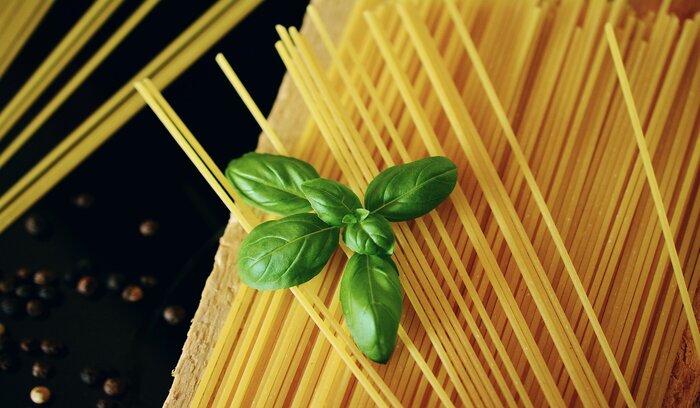
Spaghetti is the pasta classic from Italy and can be found in every pantry. Spaghetti is a pasta made from durum wheat semolina, which is round in diameter and approx. 25 cm long. They are a pleasure, whether as Bolognese, carbonara or pesto. But the pesticide glyphosate and mold toxins reduce the enjoyment.
In a recent test, traces of glyphosate were found in 12 of 15 conventional spaghetti samples. Glyphosate is an active ingredient in pesticides and is used in agriculture to control weeds. This is approved in the EU until 2022. According to the World Health Organization's Cancer Agency, glyphosate is "likely to cause cancer" to humans. However, the BfR assesses glyphosate as not carcinogenic when used properly.
Deoxynivalenol (DON) was found in elevated concentrations in two samples. It is a mold toxin, which can influence the immune system and get into the products via the grain. Regulation (EC) No. 1881/2006 contains the maximum permissible levels for deoxynivalenol in food.
Bilacon checks your products so that your customers can enjoy your spaghetti without exceeding maximum levels for residues and contaminants. Our experts carry out the analyzes routinely and in accordance with the applicable legal requirements.
We would be happy to make you an individual offer for your spaghetti product.
Roy Sperling
roy.sperling@tentamus.com
+49 30 206 038 320
Source: Ökotest



